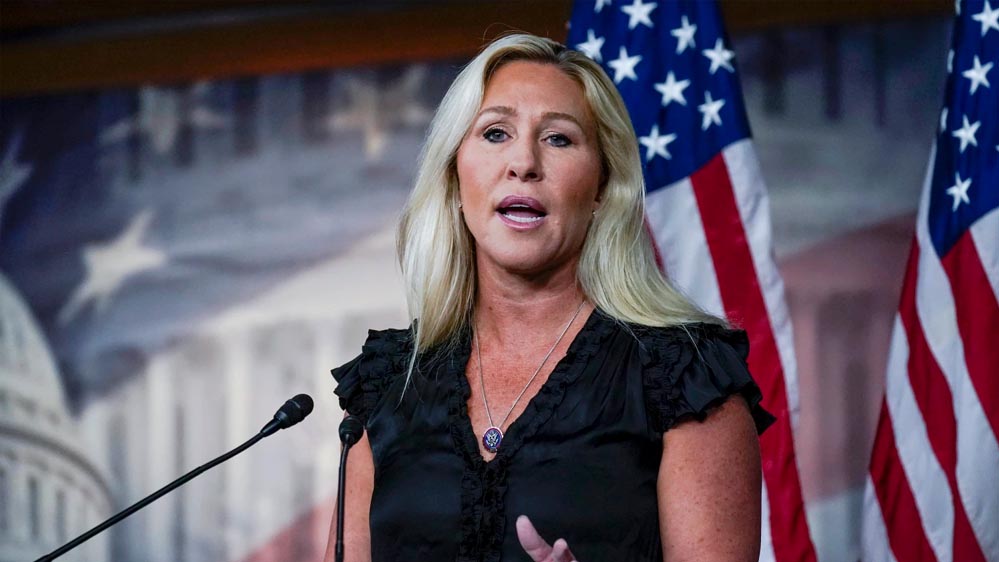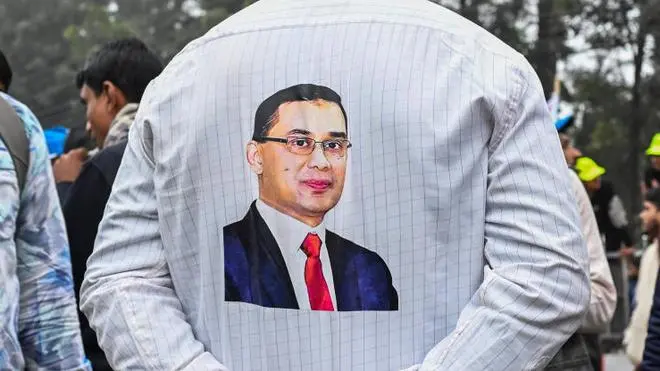Washington: In a move that could significantly impact thousands of foreign professionals—particularly Indians—a U.S. lawmaker has announced plans to introduce a bill seeking to “completely terminate” the H-1B visa program and eliminate any pathway to citizenship for its beneficiaries.
Georgia Congresswoman Marjorie Taylor Greene said in a video posted on X that the H-1B program is “riddled with fraud and abuse” and has been “displacing American workers for decades.” Her proposed legislation aims to compel all H-1B visa holders to return to their home countries once their visa term ends.
Greene stated that her bill would allow only one exemption: an annual cap of 10,000 visas for medical professionals such as doctors and nurses providing life-saving care to Americans. Even this exemption, she added, would be gradually eliminated over 10 years to “build America’s own pipeline of physicians.”
“The bill will also strip away the pathway to citizenship,” Greene said, arguing that the original intent of the H-1B program was to offer temporary employment to meet specific labour shortages, not long-term residency. “We thank them for their expertise, but they should return home when their work is done.”
Greene further proposed prohibiting non-citizen medical students from enrolling in Medicare-funded residency programs, claiming these seats should be reserved for American graduates. She highlighted that over 9,000 U.S. medical graduates did not secure residency placements last year, while more than 5,000 foreign-trained doctors obtained positions in 2023.

Calling the existing system “unfair,” Greene stated that her bill would help reduce America’s dependence on foreign workers and address shortages of doctors and nurses by prioritising U.S. citizens in training programs.
Every year, the U.S. issues 65,000 regular H-1B visas and an additional 20,000 visas for applicants with advanced American degrees. The program is heavily used by technology companies and attracts a large number of Indian professionals, including IT specialists and medical practitioners. Many companies sponsor H-1B employees for permanent residency, which eventually allows them to apply for U.S. citizenship.
The proposed bill follows recent actions by the Trump administration to tighten oversight of the H-1B program. In September, President Donald Trump issued a proclamation titled “Restriction on the Entry of Certain Nonimmigrant Workers,” requiring certain H-1B petitioners filing after September 21, 2025, to pay an additional $100,000 as a condition of eligibility—an unprecedented move aimed at curbing misuse.
Greene’s proposal, if advanced, could reshape the future of skilled immigration to the United States and create uncertainty for thousands of families, especially those from India who constitute the largest group of H-1B visa holders.










